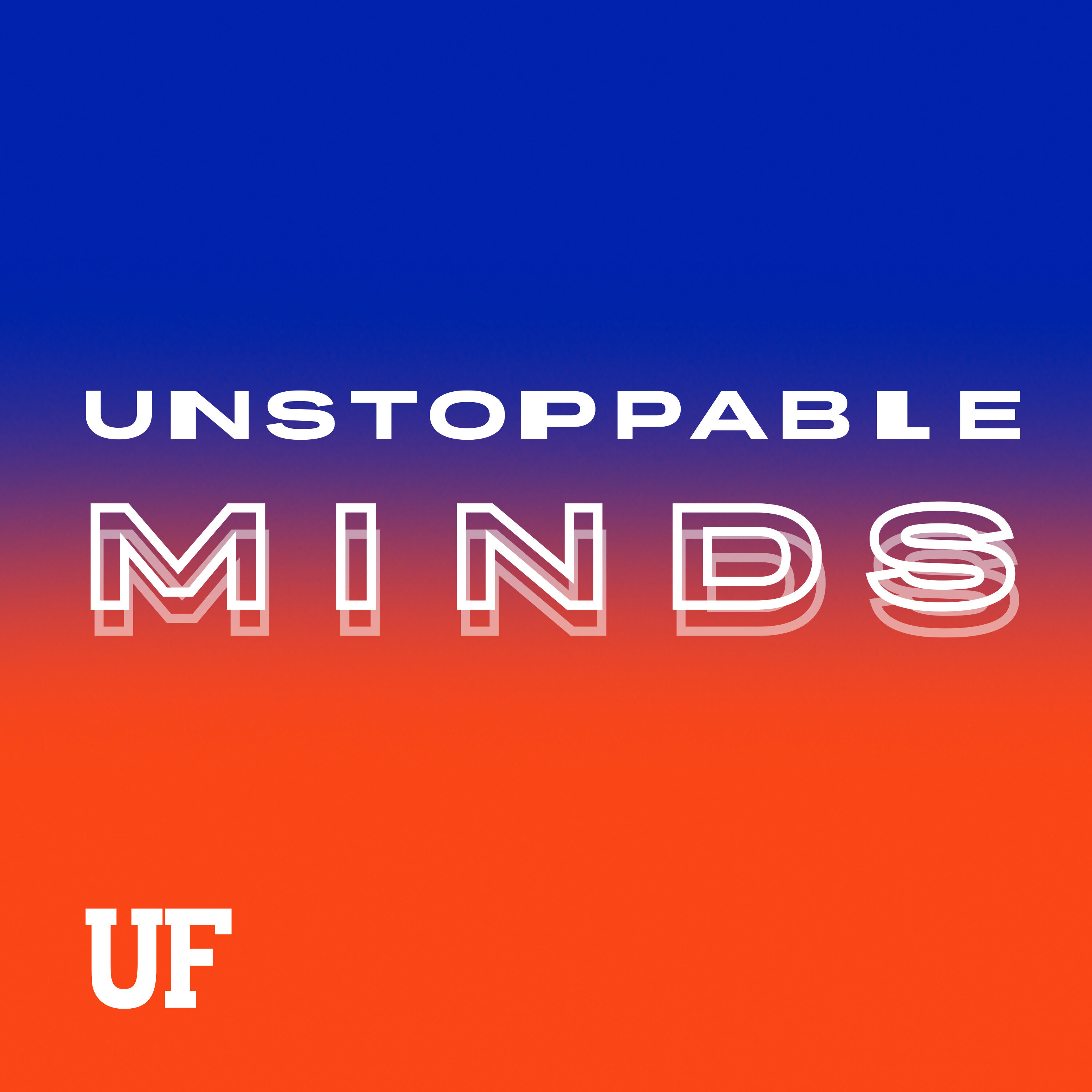Maya Israel
Associate Professor University of Florida
- Gainesville FL
Maya Israel researches how to support academically diverse learners’ meaningful engagement in computer science education.
Biography
Areas of Expertise
Media Appearances
At UF, we are working together to provide Florida teachers and students with computer science skills
Tampa Bay Times print
2021-11-26
In a world driven by technological innovation, we should be teaching all young learners computer skills from the earliest grades. In fact, Florida HB 495, enacted in 2018, requires all middle and high schools to provide computer science courses. It would seem, then, that all Florida students would have the same opportunity to learn computer science. But many school districts struggle to offer computer science education, especially rural districts and those serving less-affluent students.
Social
Articles
Uncovering students’ problem-solving processes in game-based learning environments
Computers & EducationTongxi Liu and Maya Israel
2022-06-01
(Forthcoming) As one of the most desired skills for contemporary education and career, problem-solving is fundamental and critical in game-based learning research. However, students' implicit and self-controlled learning processes in games make it difficult to understand their problem-solving behaviors. Observational and qualitative methods, such as interviews and exams, fail to capture students' in-process difficulties. By integrating data mining techniques, this study explored students' problem-solving processes in a puzzle-based game.
Elementary Computational Thinking Instruction and Assessment: A Learning Trajectory Perspective
Association for Computing MachineryFeiya Luo, Maya Israel and Brian Gane
2022-02-09
There is little empirical research related to how elementary students develop computational thinking (CT) and how they apply CT in problem-solving. To address this gap in knowledge, this study made use of learning trajectories (LTs; hypothesized learning goals, progressions, and activities) in CT concept areas such as sequence, repetition, conditionals, and decomposition to better understand students’ CT. This study implemented eight math-CT integrated lessons aligned to U.S. national mathematics education standards and the LTs with third- and fourth-grade students.
A descriptive analysis of academic engagement and collaboration of students with autism during elementary computer science
Computer Science EducationMaya Israel, et al.
2020-10-23
Elementary computer science (CS) can be engaging and challenging for some students with disabilities who struggle with complex problem solving.




